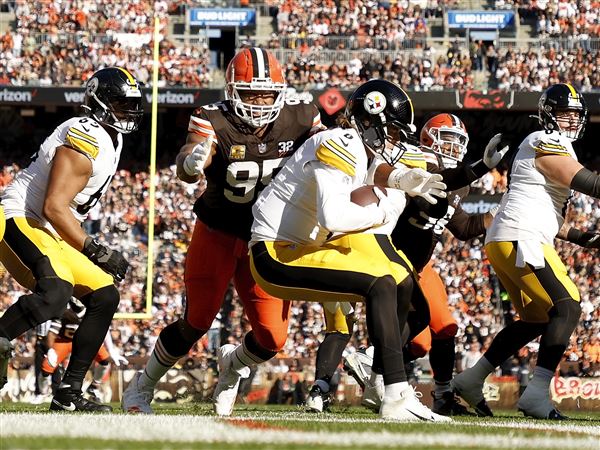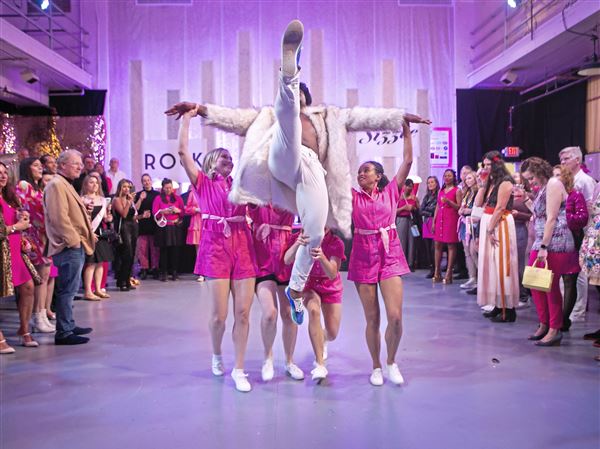Talk about the boy next door.
I grew up in Princeton, N.J., and my coming-of-age years were the 1960s. My neighbor in the big stone house across the street was one any girl would envy -- a tall, handsome, gangly, loquacious fellow who would one day be known to the world as Christopher Reeve.
When I was 13 and he was 15, we would stand at the school bus stop in the morning and talk. Or rather, he would talk feverishly of his plans for a theatrical career or, more mundanely, about his problems with his hair, which would come out in clumps when he got stressed. Even then, Chris' conversation was mesmerizing, peppered with mimicry and jokes and memorized lines from the latest play he'd read.
I first saw him on the stage when he was in eighth grade, in our school's production of "Our Town," in which he played the heroine's mischievous younger brother. A few years later, when he played the brawny leading man in "Picnic," I tried out for the part of the heroine Madge's younger sister. After my audition, he came over to me and whispered fiercely, "That was VERY good."
I was thrilled, even though I only made understudy. But that meant I got to go to the cast party at his house, and when I finally decided to go home, he grabbed me at the door and gave me a big kiss.
The next Monday, at the bus stop, we looked sheepishly at our shoes. There would be no romance -- he was too old and much too sought after by the other girls. But we were always friends.
Chris had never wanted to be ordinary. About eight or nine months before his big break in "Superman," he stood on the balcony of a New York apartment during a party, looking out over the city, talking about his future. He had already thrilled his former schoolmates by winning a part on the soap opera "Love of Life," but that wasn't enough. "I am not going to have an ordinary, daily life," he said with determination.
I think I winced a little at that: What if his dreams let him down? But of course, they didn't.
I saw him for the last time two years ago while visiting a friend on an island off the New England coast. He was staying there with his family, and she invited him over for drinks. He came, with all his equipment and his aides, and I thought, "Oh, he'll never recognize the matronly me."
"Hi Kenzie," he said, smiling, using my childhood nickname. His wife, Dana, was there, too, laughing and gracious.
Chris would inhale deeply from his breathing tube and then exhale slowly, launching into a long discussion of theater, politics, marriage and, of course, his great cause in life: finding a cure for spinal cord paralysis. He didn't look well, except in the eyes, which were bright and curious and full of humor.
I gazed in wonder. Underneath all the tubes and braces, Chris Reeve was still there -- funny, engaging, completely "in the moment," as the acting coaches say. The guests hung on his every word, but that was nothing new. He had always attracted a crowd, even before he was famous.
But then it was time for them to leave, so I leaned down and gave him a kiss on the cheek. I felt lucky to have the chance. He smiled at me, and then he was gone.
First Published: October 12, 2004, 4:00 a.m.















